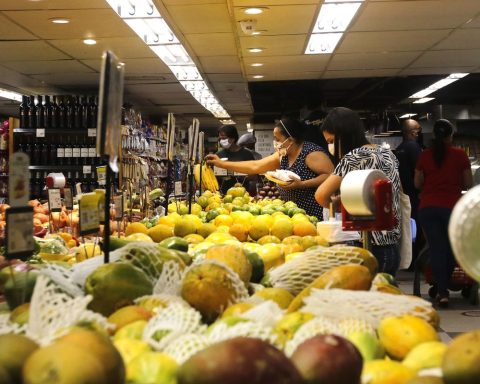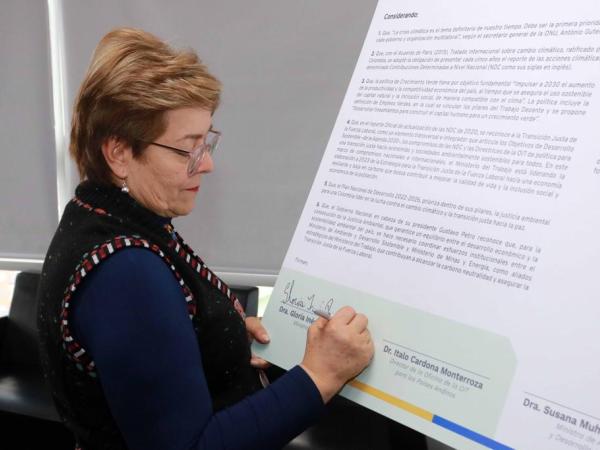Until the end of 2024, Brazilian companies operating abroad will be able to use the presumed credit from the Corporate Income Tax (IRPJ) and consolidate profits and losses in the total result of the parent company. A provisional measure published today (22) in the Official Diary of the Union renewed for two years the tax regime on Brazilian multinationals.
According to the Federal Revenue, Provisional Measure 1.148/2022 increases the competitiveness of Brazilian companies that produce abroad. This is because the special regime, which would end at the end of this year, approximates their taxation to the average of the countries of the Organization for Economic Cooperation and Development (OECD) and the G20, a group of the 20 largest economies on the planet.
“The RFB [Receita Federal do Brasil] assesses that, in a scenario of economic recovery, the extension of these fiscal instruments avoids damage to the recovery and favors the realization and expansion of investments abroad”, highlighted the Federal Revenue in a statement. The Treasury estimates that maintaining the regime will make the government stop collecting R$ 4.2 billion in 2023.
Instituted by Law 12,973the special regime for Brazilian multinationals allowed Brazilian multinationals to deduct up to 9%, as a presumed credit, from the IRPJ levied on the portion of the actual profit of the multinational parent company in Brazil with subsidiaries abroad.
The law also allowed the Brazilian parent company to consolidate the profits and losses of all its subsidiaries in calculating the total result. In this way, IRPJ and Social Contribution on Net Income (CSLL) are levied only on profit in the sum of the entire company. To participate in the special regime, companies controlled abroad cannot be located in tax havens or have an income of less than 80% of the total.
In the case of the deduction, the benefit applies to investments in subsidiaries abroad in the activities of manufacturing beverages and food products, construction of buildings and infrastructure works, in addition to other industries in general.
















